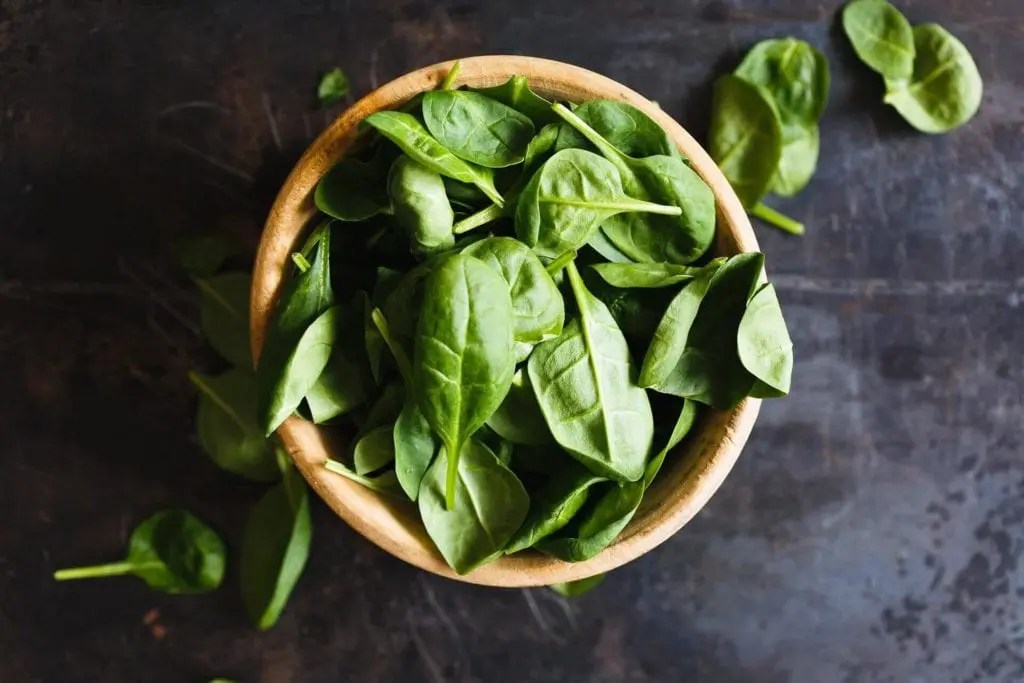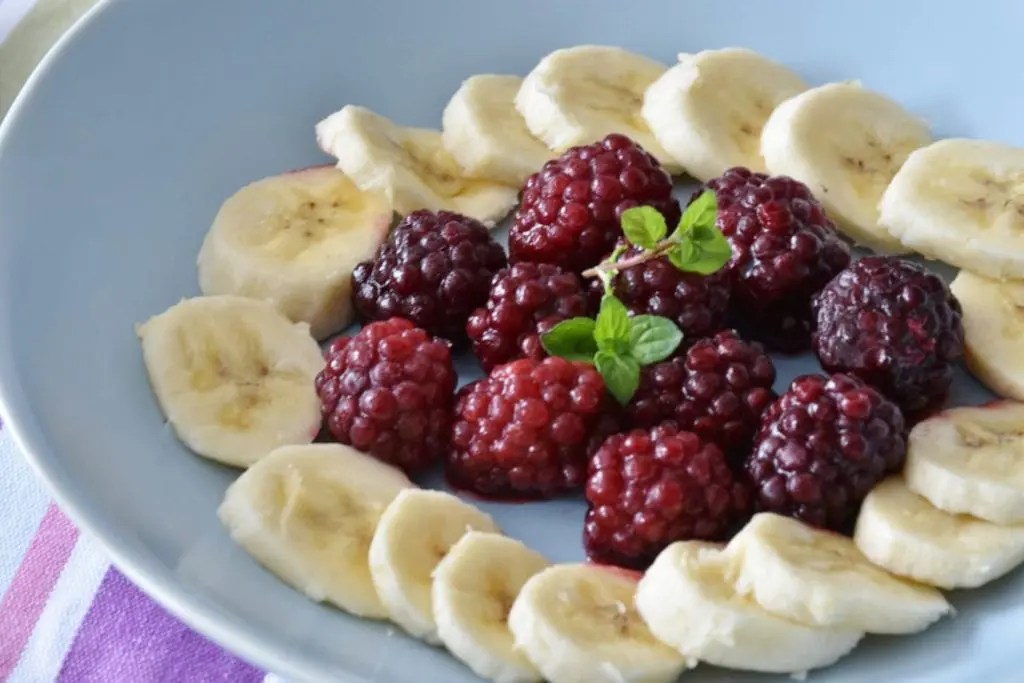Top 5 Foods to Boost Your Mood
- Griff

Good food is essential in regulating mood and keeping us happy.
Changes in our diet bring about certain modifications in the structure of our brain, physiology, and chemistry which lead to shifts in our behaviour.
Eating calorie-rich, high sugar foods like ice cream or cookies can lift your spirits in the short term; however, a rise in your sugar levels will result in a crash later down the road and can end up having opposite results.
Instead, eating wholesome, nutritional foods will boost your mood and may help maintain your overall health.
A well-balanced diet should contain all the nutrients your body needs for good physical and mental health.
Studies have shown that the connection between food and mental wellbeing can be linked-to entire diets, like the Mediterranean diet rather than just single superfoods or supplements.
Saying that some foods are crucial in maintaining brainpower and boosting mood.
Here’s our top 5;

Make Mindfulness Easy
Join over 50’000 people on their meditation journey.
- Large Library of Classes Taught by Expert Teacher
- One on One Teacher Support
- Transformative Approach to Meditation
- Request a Courses You Want to See
- 60 Day Money Back Guarantee
- Large Library of Classes
- One on One Teacher Support
- A New Approach to Meditation
- Request a Courses
- 60 Day Money Back Guarantee
Oily Fish (Omega 3)
Omega-3 fatty acids are a selection of vital fats that have to be gained through diet since your body cannot create them independently.
Research indicates that omega-3 fatty acids may affect how the brain works, with insufficiencies in omega-3 fatty acids connected to negative mental health issues.
Omega-3s contribute to your brain’s cell membrane’s smoothness and can play a crucial part in brain advancement and cell signalling.
Some clinical trials show that consuming omega-3’s in the form of fish oil can help lower depression.
Experts agree that most adults should get at least 250–500 mg of combined EPA and DHA (long-chain omega-3 polyunsaturated fatty acid) per day.
Eating fish a few times per week is a great way to get these fats into your diet, given that a 3.5-ounce (100-gram) serving of salmon provides 2,260 mg of EPA and DHA.

Probiotics (Yogurt, Kimchi, Pickled Veg)
Probiotics are best known for their part in stomach related wellbeing, but recent studies propose that microscopic organisms that live within the intestine send and receives signals from the brain (known as the gut-brain axis).
In a review distributed in Annals of General Psychiatry in 2017, ten studies evaluated probiotic effects on mood, anxiety, and cognition. The vast majority of these studies found positive results on all measures of depressive symptoms.
Other studies in Gastroenterology found utilization of a probiotic supplement to progress both mental and intestinal health in individuals with irritable tempered bowel disorder (IBS).
Members took either a probiotic supplement (Bifidobacterium long NCC3001) or a fake treatment every day for ten weeks.
After six weeks, 64 per cent of those taking the probiotic had diminished symptoms of depression, compared to 32 per cent of those taking the fake treatment.
What’s more, the change in depression was related to changes within the region of the brain that controls temperament.

Dark Chocolate
Dark chocolate is rich in compounds that will help in increasing the feel-good chemicals in your brain.
It is a quick source of fuel for your brain since its sugar contains energy. Chocolate incorporates a high hedonic rating, which means that it has a pleasant taste, surface, and scent that uplift mood.
Moreover, it may discharge a cascade of feel-good compounds, such as caffeine, theobromine, and N-acylethanolamine, a substance chemically comparable to cannabinoids in improving disposition.

Folate-rich Vegetables
Green vegetables such as spinach contain a high amount of Vitamin B9, also called folate or folic acid.
Although the connection is not clear, low folate levels have been consistently associated with depression.
A study published in the Journal of Psychiatric Research in 2017 analyzed past research and found that individuals with depression had lower folate levels and lowered dietary admissions of folate compared to those without depression.
Folate insufficiency may impede the digestional system’s ability to create serotonin, dopamine, and noradrenaline.

Bananas
Bananas are an incredible source of natural sugar, potassium, vitamin B6, and prebiotic fibre, which work together to keep your blood sugar levels and temperament steady.
It helps synthesize feel-good neurotransmitters like dopamine and serotonin since they are high in vitamin B6. Moreover, one banana (136 grams) gives 16 grams of sugar and 3.5 grams of fibre.
When eating a banana sugar is released slowly into your bloodstream, paired with fibre, allowing stable blood sugar levels and better mood control.
Low blood sugar levels are commonly associated with mood swings and irritability.
This omnipresent tropical product, notably when still appearing green on the peel, is an excellent prebiotics source. This fibre can alter the composition of nourishing microscopic organisms in your intestine.

Key Facts
- Your body cannot produce Omega 3 fatty acids so they must be gained through your diet.
- Probiotics support communication between the gut and the brain leading to improved mood and enhanced cognitive function.
- Dark Chocolate is rich in ‘feel-good’ chemicals such as caffeine, theobromine, and N-acylethanolamine.
- Green Vegetables such as broccoli and spinach are full of vitamin B9, which help reduce depression.
- Due to Bananas being loaded with both natural sugars and fibre, energy is released slowly allowing stable blood sugar levels and better mood control.

Griff Williams
MindEasy founder & meditation teacher
Griff Williams is an accredited meditation teacher and founder of MindEasy. He spent 12 years working as a London firefighter before changing paths to pursue building MindEasy. He received his diploma in meditation teaching from The British School of Meditation.







